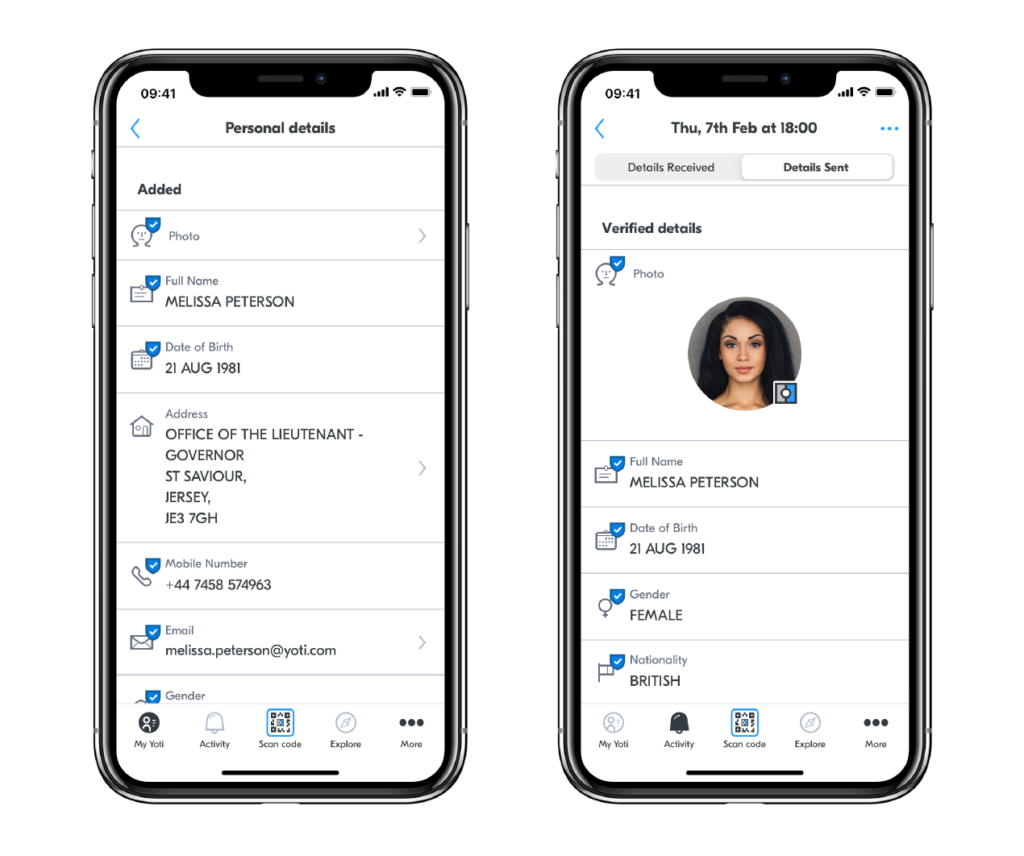
In 2020, there were over 270 million online dating users and 2.89 billion users of social media. People have been seeking virtual social and romantic relationships more than ever before, with dating sites seeing huge increases in platform usage following the enforcement of national lockdowns. But if you have ever made one of these accounts, you’ll know just how easy it is to make a profile using a false identity.
This practice has given rise to a phenomenon called romance fraud, which UK Finance reported to have cost its victims a total of £18.5 million. There have since been calls for dating and social media providers to ask their users to add their ID to their profiles. In an effort to protect people from scammers, verifying someone’s identity when creating their account means that users can be assured that they really are talking to who they think they’re talking to.
What is romance fraud?
Romance fraud, like catfishing, is the emotional manipulation of an individual, but with one clear difference: it’s illegal. Under the Fraud Act 2006, romance fraud, otherwise known as dating fraud, becomes a crime as soon as the perpetrator asks for money under false pretences.
It is thought that the increase in romance fraud in 2020 is a result of ‘lockdown loneliness’. With national lockdowns leaving people starved of human interaction, it is easy to see why many people fall victim to scams that hone in on emotional vulnerability. Whilst best practice is to not send money or personal information to people you do not know or trust, there are steps you can take to avoid falling victim to these crimes.
Do your own checks with Yoti
Daters can use the free Yoti app to carry out peer-to-peer identity checks. This allows them to privately share personal details with the people they meet online to verify that they are who they say they are.
All information shared with Yoti’s peer-to-peer checks is verified from real ID documents, so you can be rest assured that the details have been checked.
For example, you may want to verify the name, age and gender of the person you are speaking to online before you meet up with them for the first time. You can also swap other details, such as a selfie, a mobile phone number and nationality. Simply choose which information you want to share.
How to use Yoti peer-to-peer
- Go to the Yoti app.
- Tap Share and select the details you’d like to swap or share, like your photo or full name.
- Choose how to swap your details (via text, email or face to face).
- Once the other person has approved your request to swap details, you’ll get the exact same details from them.

Call for dating sites to do more to protect romance fraud victims
Whilst some dating sites are already checking their user’s identities, many do not have systems in place to deter people from making fake accounts. By asking their users to upload an ID document and using a trustworthy identity verification provider, dating and social media providers can rest assured that their users are genuine.
For more information on how digital identity can change the way we date and socialise online, get in touch to hear more.
